'This anthology is an exceedingly important contribution to the scholarship and in particular the pedagogy of Central American history. Vrana has done an excellent job of digging through a number of often difficult archives in order to present this wide array of well-translated texts from the five Central American republics.' Jeffrey L. Gould, Indiana University Bloomington Collects more than sixty foundational documents of student protest from the frontlines of revolution Few people know that student protest emerged in Latin America decades before the renowned student movements of Western Europe and the US in the 1960s. Even fewer people know that Central American university students authored colonial agendas and anti-colonial critiques. In fact, Central American students were key actors in shaping ideas of nation, empire and global exchange. Bridging a half-century of student protest from 1929 to 1983, this source reader contains more than sixty texts from Guatemala, Nicaragua, Honduras, El Salvador and Costa Rica, including editorials, speeches, manifestos, letters and pamphlets. Available for the first time in English, these rich texts help scholars and popular audiences alike to rethink their preconceptions of student protest and revolution. The texts also illuminate key issues confronting social movements today: global capitalism, dispossession, privatisation, development and state violence. Key Features - Makes available a diverse archive of more than sixty foundational documents and ephemera translated into English for the first time; - Expands the geographic scope of anti-colonial movement scholarship by presenting anti-colonial thought from a peripheral region in the most contentious decades of the 20th century; - Advances anti-colonial and postcolonial studies by taking urban students as critical actors and so recasting thematics of the peasantry, the rural/urban divide, and religion; - Suggests a new social movement chronology beyond the so-called 'Global 1968', or the common notion that student movements peaked in major cities in May 1968. Heather Vrana is Assistant Professor of History at Southern Connecticut State University. She is the author of This City Belongs to You: A History of Student Activism in Guatemala, 1944-1996 (forthcoming). Cover image: Students protest, Tela RailRoad Company, Tegucigalpa, August 1949. From the collection of Kevin Coleman Cover design: [EUP logo] edinburghuniversitypress.com ISBN [cover] 978-1-4744-0369-6 ISBN [PPC] 978-1-4744-0368-9 Barcode

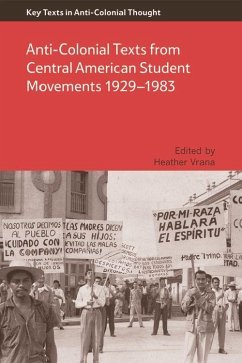
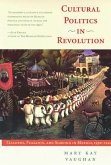
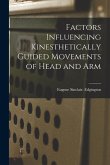
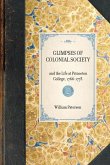
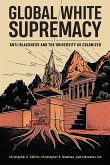
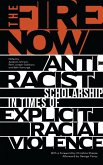
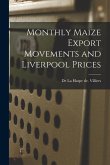
![Oak Leaves [electronic Resource]; 1983 Oak Leaves [electronic Resource]; 1983](https://bilder.buecher.de/produkte/65/65508/65508327m.jpg)